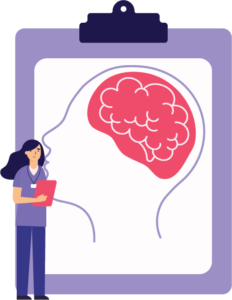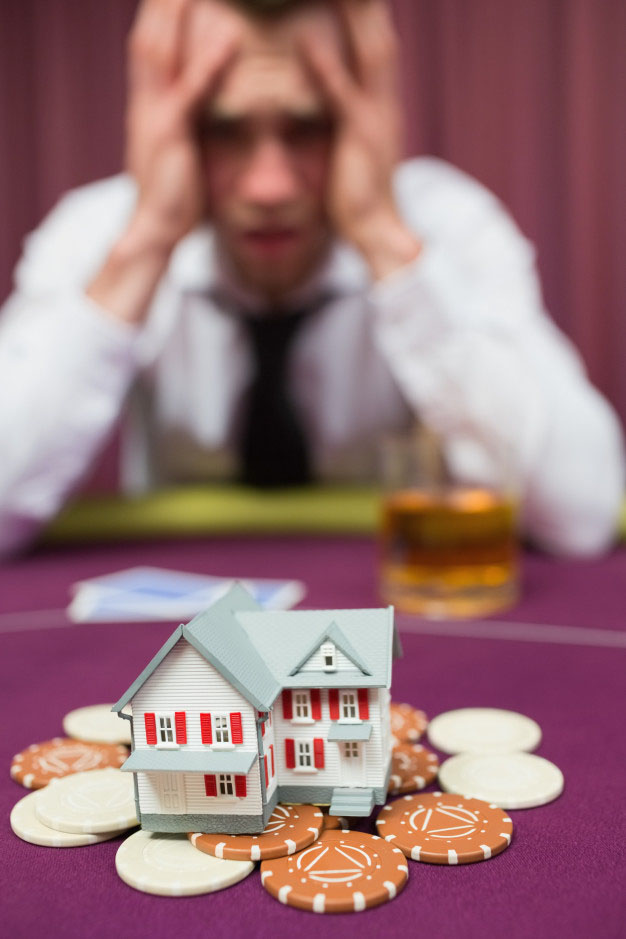Has gambling online started to interfere with your life? Are you playing too long, too often and losing touch with friends and family? Are you spending more and more money on it, even if you can’t really afford it? Do you feel guilt or shame about your playing, but are unable to make yourself stop?
If any of this sounds familiar, you might have a gambling addiction. Online gambling is designed to be a recreational activity that adults can enjoy for entertainment purposes. Once it moves beyond this, into obsessive playing, or thinking about playing while doing other things, you could be in problem gambling territory.
Home » Latest news » Addicted to gambling
Addictions, including the commonly known ones like drugs and alcohol, develop when you feel compelled to engage in this activity, even to the point of destructiveness. It’s the difference between enjoying a planned, budgeted play session on occasion, and obsessively continuing to play, much more often, and even after you’ve long since spent your budget.
Like any addiction, problem gambling is linked to a whole host of other problems, including physical and mental health issues, work problems, troubles in friendships and family relationships and other issues that can be directly traced to the gambling, and the player’s inability to stop.

Being unable to stop playing, the feeling of compulsion to continue playing, is how gambling addiction is classified. Gambling addicts typically display the same kinds of behaviours and mental and emotional difficulties as other addicts, such as alcoholics and drug addicts. Without the help of a counsellor, doctor, psychologist or other therapy or support, it can be nearly impossible for someone caught in the addiction cycle to break free.
The main reason why gambling switches from just entertainment into an addiction is because playing games of any kind triggers your brain’s dopamine production and bathes it in happy juice (okay, it’s a LOT more complex than that, so if you really want to understand the science, we recommend reading this really great article from the brains at Harvard).
The problem with addictions is that, sooner or later, they impact other areas of your life in a way that you may have no control over. Besides the mountain of debt you could end up with, or the physical and mental health problems you could develop, addictions can impact your job, studies, relationships, hobbies, just about any area of your life.
The only person who can answer this question honestly is you. If you were to ask friends and family, some might agree that it’s a problem, while others might not. The trouble is, only you know if it is causing problems in your life. Ideally, you should talk to a counsellor experienced in problem gambling or other addictions to help you figure out the extent of your addiction, and how to best go about treating it. However, this is not always easy to do.
The checklist below should help you determine if any areas of your life are suffering because of your gambling, but please note that it is by no means exhaustive. If you feel any area of your life has been negatively affected by gambling, then you should seek help.
As we said above, this list is not exhaustive, and your symptoms could vary considerably from someone else’s. The primary thing to remember is, if your gambling is causing problems in any area of your life, then it’s worth considering that you may have an addiction.

Anyone who has ever worked through an addiction for gambling, drugs, alcohol or anything else will tell you: it pays to get help. Professional medical and mental health treatment is always going to work out a whole lot better than just trying to quit cold turkey. A systematic approach to treating your addiction, its causes and its symptoms, will give you a much better chance of successfully beating it.
Most South African medical aids will cover some addiction treatment, depending on your plan, of course. However, many South Africans don’t have access to private healthcare, and that’s okay, because we also have quite well established and effective public addiction treatment care. If you have a GP, they are a great first stop, as they can help you find a treatment programme that suits you, or recommend a counselor or therapist.
The South African Responsible Gambling Foundation is a great resource that helps people with a gambling addiction to find and get the treatment they need, even if they cannot afford private rehabilitation. You can contact them toll free on 0800 006 008; WhatsApp/SMS HELP To 076 675 0710; or email helpline@responsiblegambling.org.za for help or information.
Gambling addiction is a problem that affects people around the world, across every socioeconomic tier and without regard for the people involved. If you are concerned that you, or a family member or friend, have a gambling addiction, seek help immediately, because while it can be a tough road to follow, you can only get there if you take the first step.
| Cookie | Duration | Description |
|---|---|---|
| cookielawinfo-checkbox-analytics | 11 months | This cookie is set by GDPR Cookie Consent plugin. The cookie is used to store the user consent for the cookies in the category "Analytics". |
| cookielawinfo-checkbox-functional | 11 months | The cookie is set by GDPR cookie consent to record the user consent for the cookies in the category "Functional". |
| cookielawinfo-checkbox-necessary | 11 months | This cookie is set by GDPR Cookie Consent plugin. The cookies is used to store the user consent for the cookies in the category "Necessary". |
| cookielawinfo-checkbox-others | 11 months | This cookie is set by GDPR Cookie Consent plugin. The cookie is used to store the user consent for the cookies in the category "Other. |
| cookielawinfo-checkbox-performance | 11 months | This cookie is set by GDPR Cookie Consent plugin. The cookie is used to store the user consent for the cookies in the category "Performance". |
| viewed_cookie_policy | 11 months | The cookie is set by the GDPR Cookie Consent plugin and is used to store whether or not user has consented to the use of cookies. It does not store any personal data. |